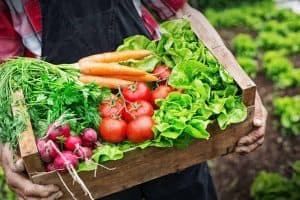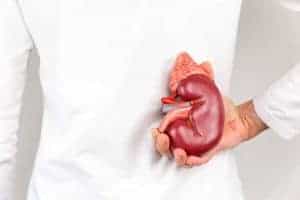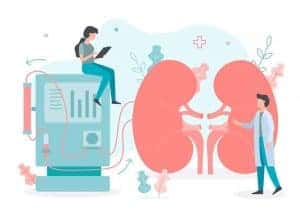
7 Reasons Why You Should Eat Asparagus To Halt Your Kidney Disease

Asparagus has been used as a medicinal food/herb since before the time of Christ; even its botanical name points to this, Asparagus officinalis. Officinalis is given in acknowledgment to its “official” use as a therapeutic herb. This highly sought after and valued herb is native to both European and Asian cultures; and this is shown in many texts based on botany and herbal medicine findings throughout the regions.
Asparagus is most well known for its specific action on all of the urinary system (kidneys and bladder), the most well known being:
1. Helps support and facilitate kidney function
2. Increases urine production (diuretic)
3. Soothing to the urinary system
4. Anti-edema – especially with excess fluid from around the heart
5. Kidney and bladder cleanser
6. Boosts cellular action in the kidneys
7. Breaks up uric acid – therefore excellent for gout and kidney stones
*Best avoided in conditions where the kidneys are chronically inflamed (e.g. nephritis), and not to be eaten in excess.
Others actions include: Lowers blood pressure (due to diuretic action), bitter (stimulates digestion), laxative (due to fiber), blood purifier, anti-rheumatic (removes uric acid), anti-parasitic, calming, promotes fertility, beneficial for all aspects of the female reproductive system (highly beneficial for men too).
The magic of this humble plant comes down to many naturally occurring chemicals; unlike western medicine that just singles out one chemical:
- Asparagin
- Asparagosdies
- Asparagusic acid
- Bitter principles: officinalisins
- Flavonoids (rutin, quercetin, kaempferol)
- Glycolic acid
- Glycosides
- Saponins
- Tyrosin
- Including: Vitamin A, B, C, E, folic acid, calcium, iron, phosphorus, potassium, zinc, selenium, iodine, magnesium, manganese, sulphur, silicon
You see the beauty of natural medicine is in the synergism of all the chemicals in the plant, nature has been running its own “clinical trials” for the past few billion years, and has come up with the best combination of chemicals to help those that walk the earth. And the beautiful part is that once ingested, the body gets to choose which natural chemicals it needs – as opposed to being forced in one direction (i.e. western drugs). Check out this video called The Orderly Chaos of Nature for more information on how plants give man ‘selective’ therapeutic qualities.
Another important factor that this plant “brings to the table” (pardon the pun), is that it is highly alkaline. Now if you have read any of my stuff before you’ll know just how important it is to alkalise your body when you have kidney disease (any other chronic condition for that matter). Asparagus does this so well that it is even used in some cancer therapies just for that! It’s the high ammonia content that is working that here.
It’s Not All Happy Days
Surprisingly, and a question that I often get in relation to asparagus, is that it contains high amounts of potassium and phosphorus. Now most of you will have already been told by your doctor that potassium, phosphorus, protein, and sodium all need to be reduced when suffering from kidney disease. This is because in some individuals the kidneys struggle to eliminate them. The important part to emphasise here is that only some people have this problem… How do you know if you are one of those people? Well, when you have your next blood test, ask your doctor if your potassium and phosphorus levels are in the normal range. If they are in the normal range you may consume them without much restriction, and if they are high… you may in fact still consume them. Confused?
I am not surprised if you are. You see just because you have a condition that requires certain nutrients to be limited (key word being ‘limited’), does not mean you need to avoid all foods that contain a moderate or high level of these minerals.
Everything In Moderation
We all know that a healthy diet is the key to your health. So could you imagine your health if all you did was eat low nutrient dense foods – Breads, pasta, sugar foods, biscuits, etc? In fact maybe that’s what contributed to your health in the first place?
Could you imagine what your health would be like if you instead ate a broad range of fruits, vegetables, whole foods, nuts, seeds, whole grains, etc., though watched your total intake of potassium, phosphorus, protein and sodium for the day?
I am guessing you would be 1000X better in health and vitality. And the reason is simple, for all the reasons to watch your intake, there are 100 more reasons for why you should be having them. You need to use common sense, and a large helping of moderation.
Take Bananas for example… you would have probably been told these are enemy number one for kidney problems due to their potassium levels, but did you know they are actually beneficial for the kidneys too?
It’s Easy With Tools
Don’t let fear replace common sense: have a well balance diet, but make sure you track your intake of potassium, phosphorus, protein, and sodium. Here is a great tool to help you on your way: http://nutritiondata.self.com/
Simply enter in the food item, and it will tell you exactly what nutrient, and at what levels, are found within each food. Have fun!
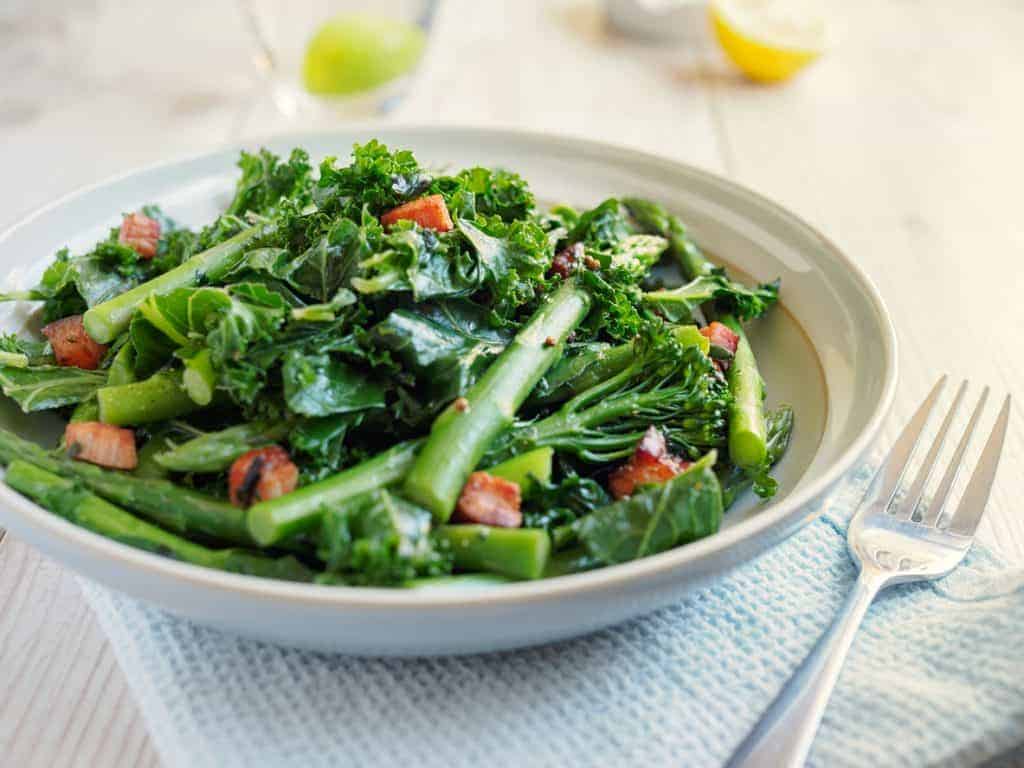
To wrap up, the best way to make Asparagus a part of your day is to cook up some asparagus, blend them to a puree, and store in a sealed container within the fridge (store for no longer than 4-5 days, otherwise the puree will go off). Each day take 4 full tablespoons, twice a day for therapeutic benefit – fresh is ALWAYS best, though you may use canned asparagus when short for time. You may also dilute this with a little bit of water to reduce the intensity. And of course you may alternatively eat whole asparagus as part of a meal.
Bye for now, and create a great day!
Please leave YOUR thoughts and comments below, or ‘Like’ this post via the Facebook button… Thank You!
Follow me on Twitter! Pretty Please… 😉
Share This Article
More articles by
Duncan Capicchiano N.D.
LIKE WHAT YOU’VE READ?
Sign up for free updates delivered to your inbox. Join our community and get tips on health, wellness, nutrition, and more.
More From Our Blog
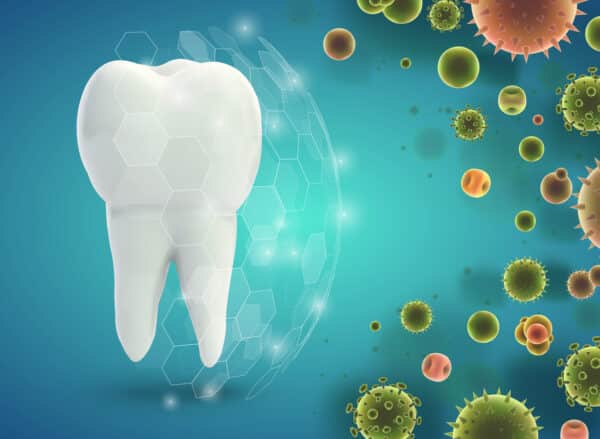
The Oral Microbiome & Chronic Kidney Disease
The oral microbiome plays an essential role in the incidence and development of
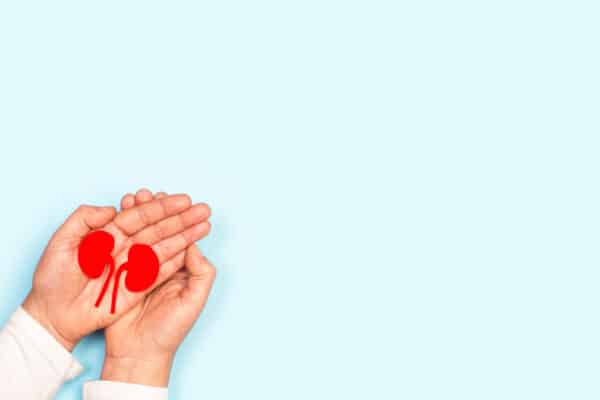
Natural Therapies In The Treatment of Polycystic Kidney Disease
Regarding dietary interventions in treating and managing PKD, the science is solid. The
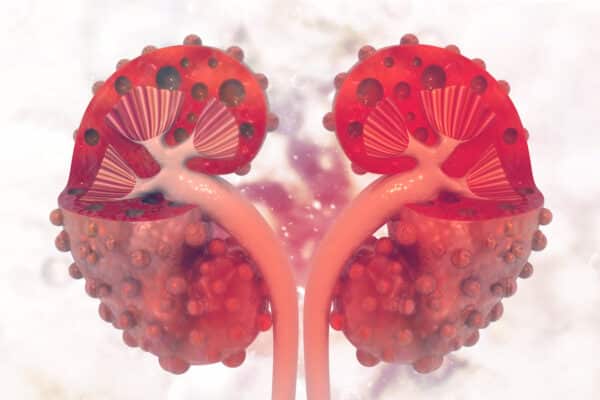
What Causes Cyst Formation In Polycystic Kidney Disease?
What is polycystic kidney disease? Polycystic kidney disease (PKD) is a prevalent genetic
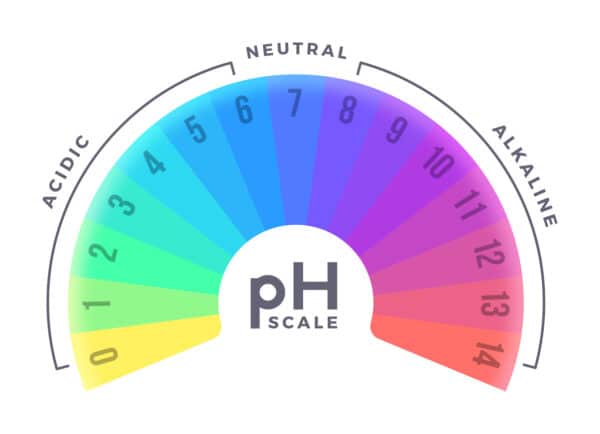
Bicarbonate Supplements? Is It The Best Way To Alkalize in Kidney Disease?
Throughout the ages, human diets have undergone a significant transformation, shifting from an
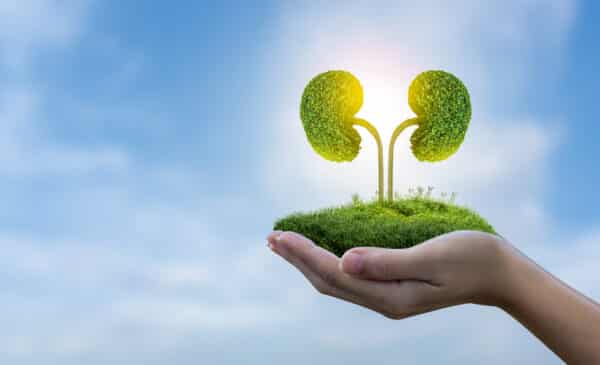
The Big Question… Can Kidney Disease Be Reversed?
Kidney disease can range from mild to severe, so the potential for reversal
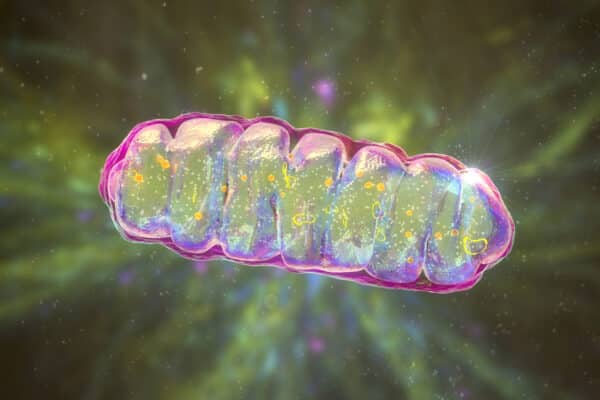
SS-31 Peptide and Kidney Disease
Kidney disease is a global health concern. The kidneys, especially the proximal tubules,



